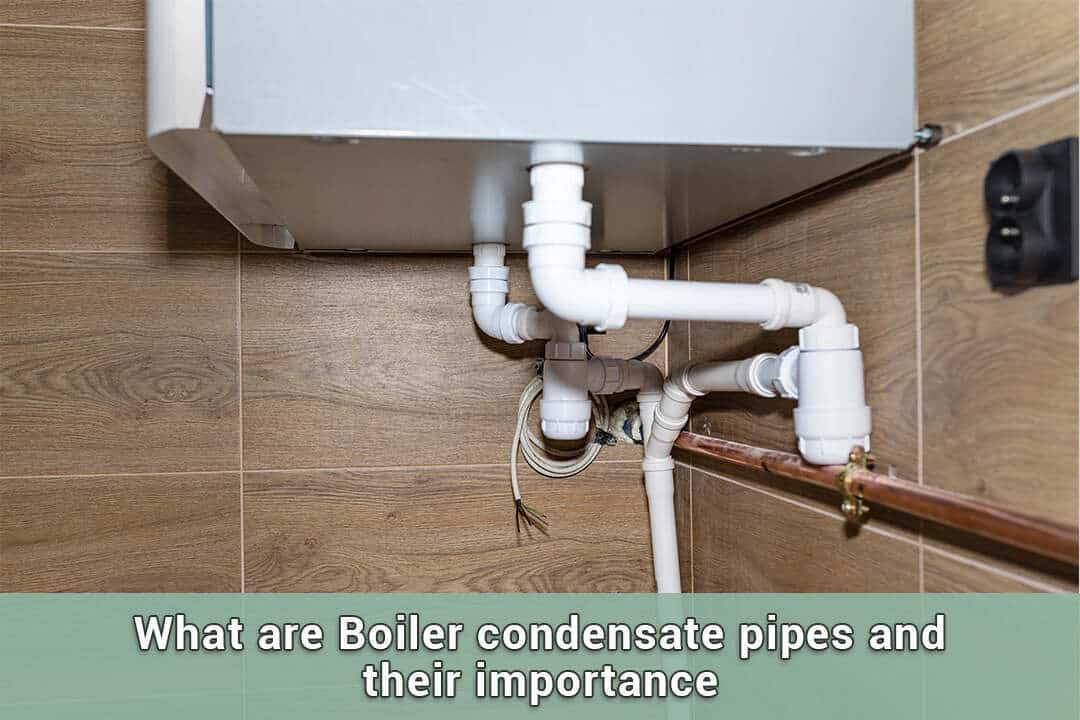Table of Contents
The primary goal of the scheme is insulating britain homes for keeping their high EPC rating and minimising environmental impact. Its purpose is to help battle fuel poverty and reduce carbon emissions by renovating the least energy-efficient homes in the United Kingdom.
The GBI insulation scheme was introduced in 2023, and the implications are expected to benefit for over two years. So, before diving into the nitty gritty of the scheme, let’s understand a brief about GBIS.
A Brief About GBIS
The administration made the proposal public by the end of March 2023. The £1 billion scheme will provide financial support to about 300,000 houses throughout the country to cover the cost of installing new insulation. The programme is scheduled to last until March 2026.
If you don’t already get help from the government’s ECO plan, you can get financial support from the Great British Insulation plan to make your home better. This program is meant to help people who need it the most, and the government will pay for insulation in homes across the UK. They will also help those living in homes that use a lot of energy and have low Council Tax.
What is the Goal of the Great British Insulation Scheme?
The Great British Insulation Scheme is designed to help homeowners that do not fulfil the standards for other energy efficiency schemes, either because their property is insufficiently insulated or because they do not meet the qualifying criteria.
Qualifying households may reduce their energy consumption and expenditures by utilising energy-saving solutions such as loft and cavity wall insulation. This is the Great British Insulation Scheme’s objective.
Its purpose is to reduce fuel poverty and cut energy costs by renovating the least energy-efficient homes in the United Kingdom. The plan is a complement to the Energy Company Obligation (ECO4) scheme, however it will primarily give single insulation solutions rather than the “whole house” concept of ECO4.
How does the GBIS Differ from ECO4?
The ECO4 initiative began in early 2022, and while it assists individuals living in houses with low EPC ratings and on qualified benefits, it excludes those living in some of the least energy efficient properties who get no other government assistance.
This is where the Great British Insulation Scheme comes in, as it will assist hundreds of thousands of individuals in improving the insulation of their houses.
Is GBIS the same as ECO+?
Previously the scheme was known as ECO+, which is an initiative that adheres to the same standards. Reaching a big number of homes and providing massive energy saving measures as soon as feasible is one of GBIS main goals.
Rather than providing homeowners with a variety of insulating measures, GBIS will mostly offer single, inexpensive measures. This will guarantee that the greatest number of homes may immediately get assistance under the programme.
Things to Know Before Applying to the GBIS
The Great British insulation scheme funding process is easy and beneficial. Here are the simple steps to get started:
Check If You Qualify
Start by making sure you meet the rules for the Great British Insulation Scheme 2023. See if your income, the type of house you have, and the insulation you already have fit the requirements.
- Your house should have an Energy Performance Certificate (EPC) rating from D to G.
- You are liable for council tax in England’s A-D bands and Wales’s A-E bands.
For a complete eligibility checklist, see complete eligibility criteria to apply for GBIS
Have Your Home Checked
Next, ask for a checkup of your home. A specialist will look at how your home keeps in heat and uses energy. This helps find out what parts need to be fixed to make your home better at saving energy.
Your Energy Company's Turn
Now, your energy company looks at the checkup results. They figure out what changes would make your home use energy in a smarter way. This might mean adding more insulation or stopping drafts to keep your home cosy.
Share the Plan and Get Approval
After the energy company decides on the plan, they show it to the people running the Great British Insulation Scheme. They need to say “yes” to make sure the plan fits with their idea of helping the environment and using energy better.
Make Your Home Eco-friendly
Once the plan gets the green light, experts come to your home to make it more eco-friendly. They might add special insulation to the walls, floors, or attic. These changes not only help the planet but can also save you money on energy bills.
By following these steps, you can benefit from the Great British Insulation Scheme, making your home more environmentally friendly and potentially reducing your energy bills.
Steps to Apply for the ECO+ Scheme
To get a grant from the Great British Insulation Scheme, follow these simple steps:
- Apply online and share information about your home and property.
- Your property will be checked, and if it qualifies, a registered installer will schedule a survey.
- After the survey, you’ll be informed about insulation options and any potential installation costs.
- If you decide to proceed, agree on a convenient installation date.
- The installer will install the insulation, and they will handle the funding application with their funding source.
How Long Does it Take to Get Free Great British Insulation Grant?
Waiting times are usually between one to two weeks for insulation installation. Timings may vary depending on the type of insulation, how long the grant application process takes, the demand for installers in your area and the funding available.
Which Grants are Administered by GBIS?
A range of insulation grants are available to increase energy efficiency and heat retention of your homes. The Great British Insulation Scheme offers the following grants:
- Cavity wall insulation
- Exterior wall insulation
- Flat roof insulation
- Internal wall insulation
- Loft insulation
- Room-in-room insulation
- Solid flooring
- Underfloor insulation.
Is It Necessary to Pay for Installation in Advance?
Installations may be entirely sponsored in certain cases and require no cost from you, but in others, you will be expected to contribute. The qualifying category (low-income persons receive a higher funding rate) and the insulation measure (some measures are more expensive than others) are the key factors of financing.
Recent Blogs
FREE ELIGIBILITY CHECKER






